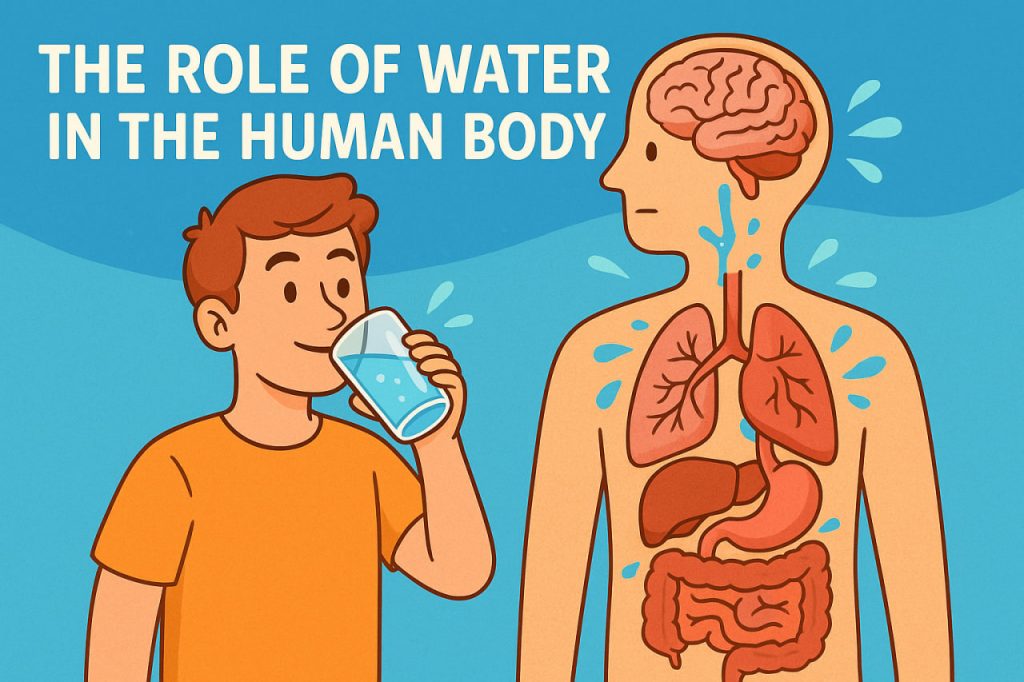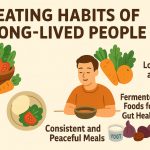Water is not just a drink—it is the foundation of life. In the human body, water plays countless essential roles, supporting everything from temperature regulation to nutrient transportation. Since more than 50–70% of the human body is made up of water, maintaining proper hydration is critical to health and survival.
Why Water Is Vital for Life
Every cell, tissue, and organ in your body depends on water to function. Key roles include:
- Regulating body temperature through sweat and evaporation
- Transporting nutrients and oxygen via the bloodstream
- Cushioning joints and maintaining tissue elasticity
- Aiding digestion and preventing constipation
- Flushing out waste products through urine and sweat
- Maintaining skin health and cell hydration
Without adequate water, these systems begin to slow down or malfunction.
Daily Water Needs
The amount of water needed varies by age, activity level, climate, and health condition. However, general guidelines suggest:
- About 2–2.5 liters per day (8–10 cups) for adults
- Higher needs for physically active people, pregnant women, or those in hot climates
- Water needs can also be met partially by fruits, vegetables, and soups
Thirst isn’t always the best indicator—by the time you feel thirsty, you might already be mildly dehydrated.
Signs of Dehydration
When your body lacks water, it gives off several warning signals:
- Dry mouth and lips
- Fatigue or dizziness
- Dark yellow urine or infrequent urination
- Headaches or poor concentration
- Dry skin or muscle cramps
- Rapid heartbeat in severe cases
Long-term dehydration can affect kidney function, heart health, and brain performance.
Hydration and the Brain
Even mild dehydration (as little as 1–2%) can reduce mental performance, causing:
- Difficulty focusing
- Mood changes or irritability
- Slower reaction times
- Headaches or lightheadedness
The brain is nearly 75% water, so staying hydrated is essential for clear thinking and emotional balance.
Tips for Staying Hydrated
- Start your day with a glass of water
- Carry a reusable water bottle with you
- Add natural flavors like lemon or mint to encourage regular drinking
- Drink water before, during, and after exercise
- Eat water-rich foods like cucumbers, watermelon, oranges, and lettuce
- Limit caffeinated or sugary drinks that can cause fluid loss
Children and the elderly are especially vulnerable to dehydration—ensure they’re drinking enough.
Glossary
- Hydration – The process of maintaining proper water balance in the body
- Dehydration – A condition caused by losing more fluids than you take in
- Electrolytes – Minerals in the body that help balance fluids and support nerve and muscle function
- Cushioning – The protective effect water has on joints and organs
- Evaporation – The process of water turning into vapor, helping cool the body


